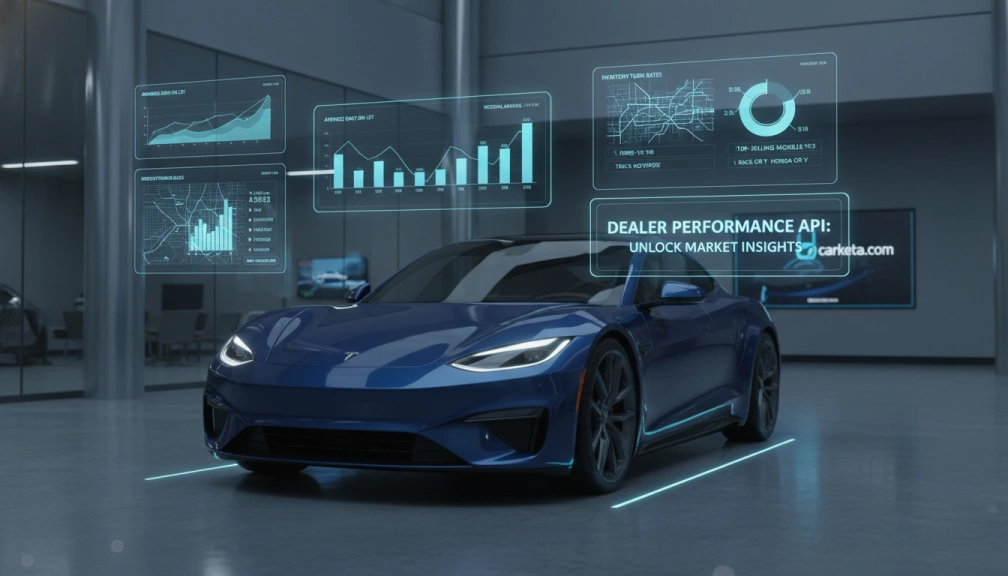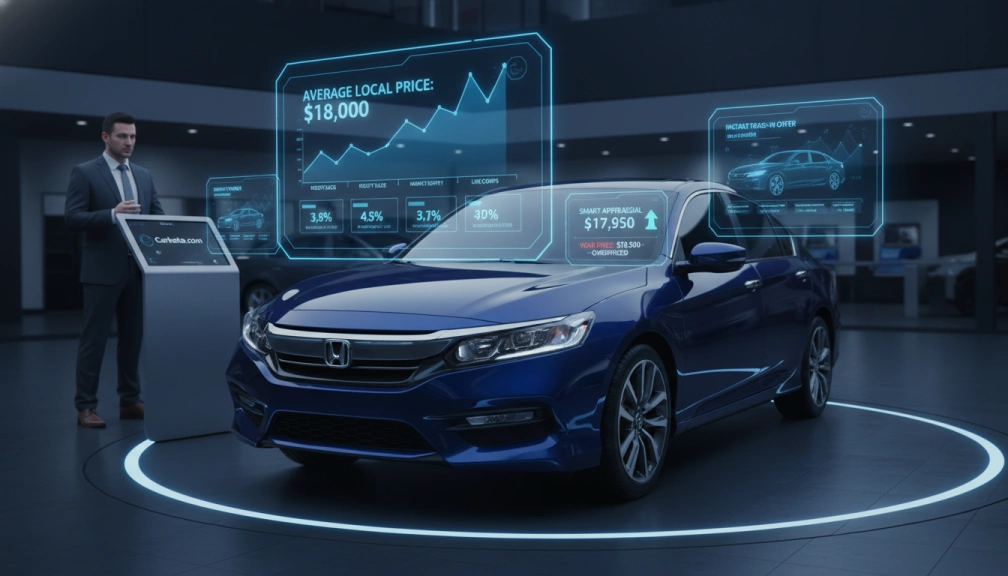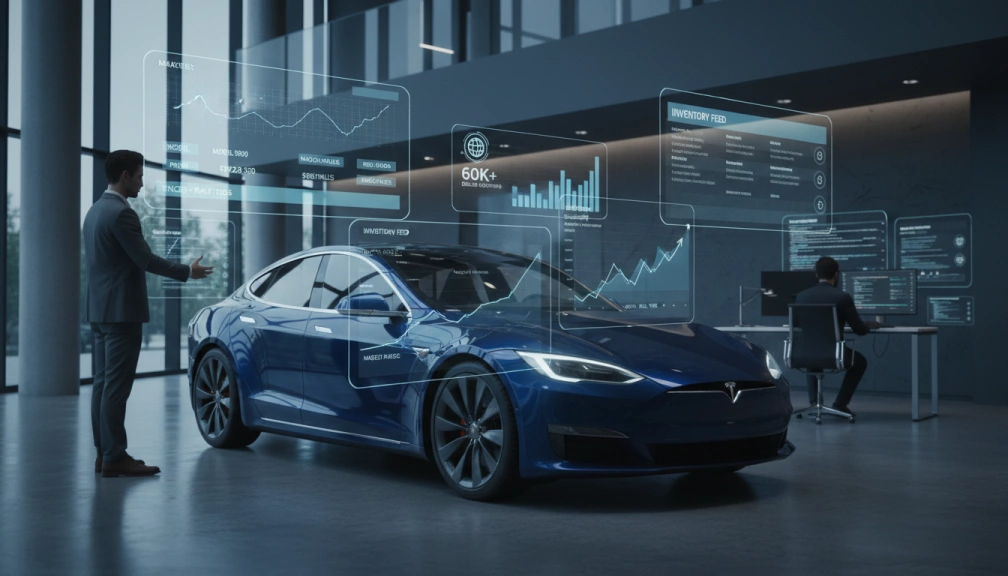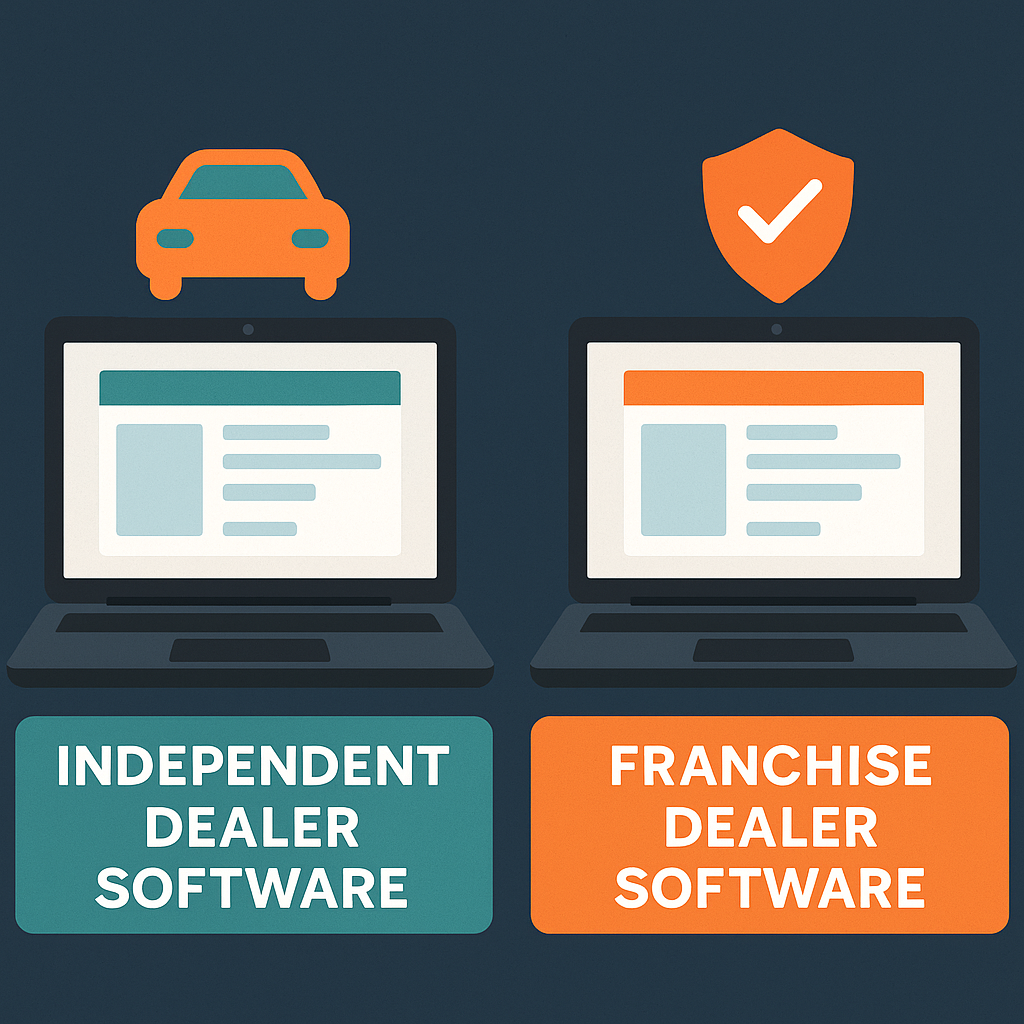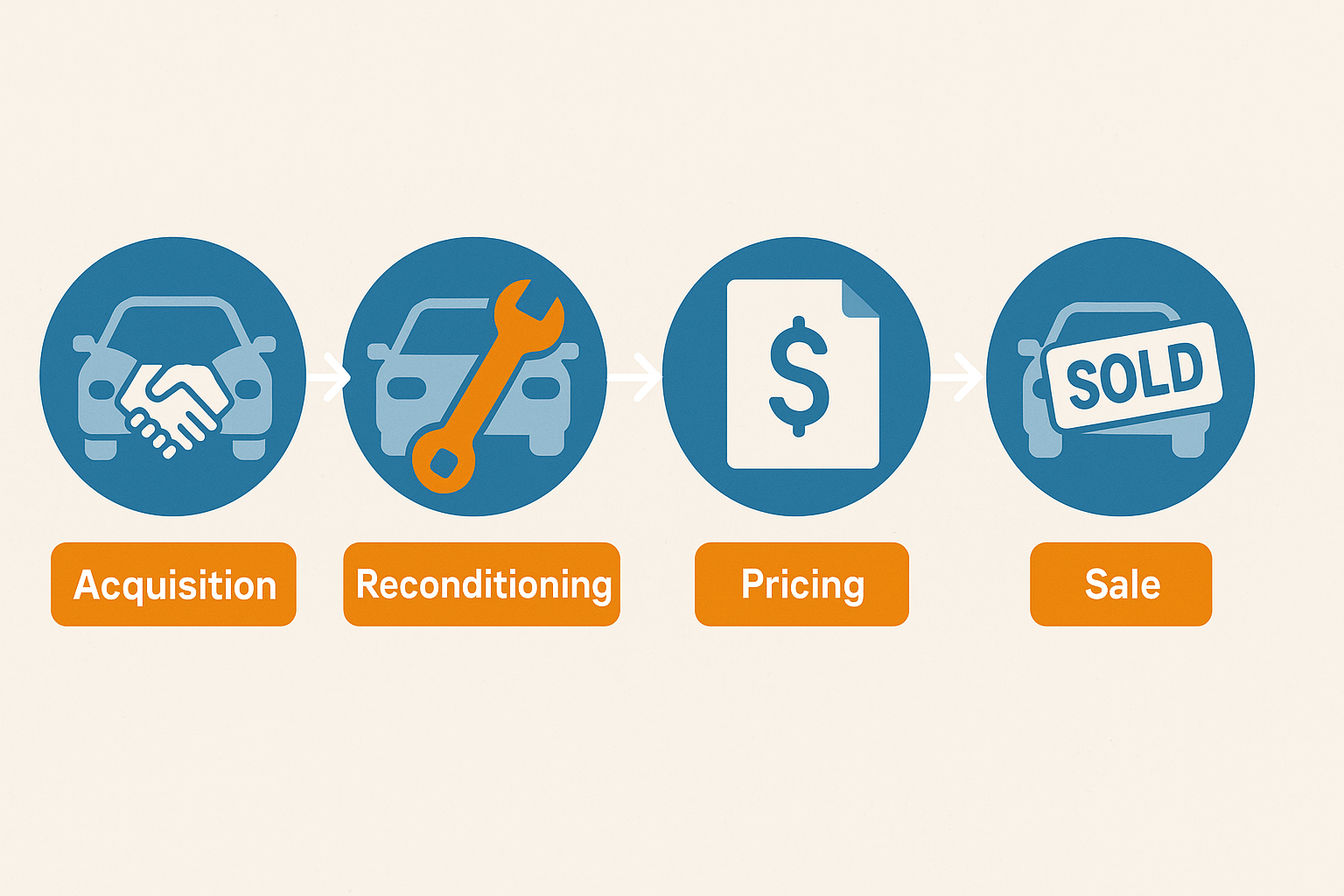In the ever-evolving landscape of the automotive industry, staying ahead of the curve is not just a choice; it’s a necessity.
Technological advancements have become synonymous with progress, and car dealerships are no exception. From cutting-edge diagnostic tools to sophisticated repair technologies, staying competitive in the market requires a willingness to adopt new technologies. However, getting mechanics on board with these changes can be a challenging task. This article explores effective strategies to encourage mechanics to embrace new technology at car dealerships.
Establish a Clear Vision and Communication
One of the primary reasons mechanics may resist new technology is a lack of understanding about its benefits. Dealership management must communicate a clear vision for how the adoption of new technology will improve efficiency, enhance job satisfaction, and ultimately benefit the entire team. Transparent communication helps build trust and alleviates concerns about job security or skill obsolescence. Be sure to explain why you want the software, what you expect the team to do to adopt it and the impact you see it having on the dealership operations. If you can do those three things, you’re setting yourself and the team up for success.
Provide Comprehensive Training Programs
Adequate training is paramount in overcoming resistance to new technology. Dealerships should invest in comprehensive training programs to equip mechanics with the skills and knowledge needed to operate and troubleshoot the latest tools and equipment. This not only boosts their confidence but also ensures that the technology is utilized to its full potential.
Foster a Learning Culture
Encourage a culture of continuous learning within the dealership. Mechanics should feel empowered to enhance their skills and adapt to new technologies without fear of retribution for any initial learning curve. Offering incentives for ongoing education and skill development can motivate mechanics to embrace change willingly.
Gradual Implementation
Abruptly introducing new technology can lead to resistance and frustration. Instead, opt for a gradual implementation approach. Start with pilot programs, allowing mechanics to familiarize themselves with the technology on a smaller scale before it becomes a standard part of their daily workflow. This approach helps build confidence and reduces the overwhelming feeling of change.
Highlight Benefits for Mechanics
Emphasize how new technology directly benefits mechanics in their daily tasks. Whether it’s streamlining diagnostic processes, reducing inefficiencies, streamlining team communication or enhancing overall job satisfaction, mechanics need to see the personal advantages of adopting new technology. This perspective shift can make them more receptive to change.
Involve Mechanics in Decision-Making
Mechanics are more likely to embrace new technology when they feel their opinions are valued. Involving them in the decision-making process, such as selecting new tools or software, creates a sense of ownership and accountability. This collaborative approach fosters a team spirit and reduces resistance.
Pick Tech That’s Easy to Use
Ensure that the work environment supports the integration of new technology. This includes providing adequate workspace, technical support, and troubleshooting resources. A seamless transition to new technology requires a commitment to addressing any challenges promptly and effectively.
Align Incentives to Dealership Goals
Money talks. If you want to get buy-in on a new piece of technology or a process change, consider designing an incentive that is tied directly to the impact you see the change having. For example, one Carketa customer uses the Employee Performance report to compare his mechanics and the number of steps they’ve completed each day. Every morning, they review performance and at the end of the month, there is a bonus tied to output from the report.
Getting mechanics to adopt new technology at a car dealership is a multifaceted challenge that requires a combination of clear communication, comprehensive training, and a supportive work culture. By addressing concerns, emphasizing personal benefits, and involving mechanics in the decision-making process, dealerships can successfully navigate the transition to embrace the technological advancements that define the future of the automotive industry.
Remember, it’s not just about adopting new tools; it’s about empowering your team to thrive in an ever-changing and competitive market.
Explore related articles to learn more about software solutions for car dealerships:

